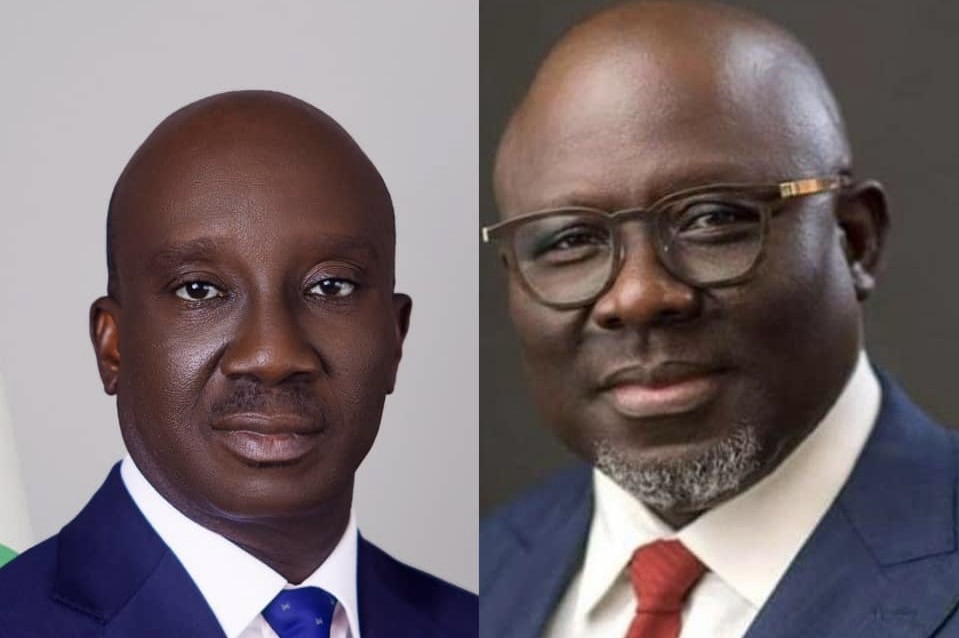The Directorate of Road Traffic Services (DRTS), Federal Capital Territory Administration (FCTA), says the crushing of impounded commercial motorcycles, popularly known as “Okada” was in line with the provisions of the law.
Mrs. Deborah Osho, the Head of Operations, DRTS, made the clarification in an interview with the News Agency of Nigeria (NAN) in Abuja on Sunday.
Recall that the Joint Task Force Team of the FCTA on August 31 impounded and crushed 400 commercial motorcycles for operating illegally in Abuja capital city.
The crushing, according to the Commissioner of Police, FCT Command, Garba Haruna, who led the exercise was in line with the law banning operations of commercial motorcycles in the city.
Similar exercises were carried out at different times in the past as part of enforcement of the ban of okada operations in the city centre.
NAN added that the Federal Capital Territory Road Transport Regulation, 2005, has specifically directed okada riders to operate only in designated areas.
The then Special Assistant to the FCT Minister on Information and Strategy, Hajiya Amina Salihu had announced the ban of okada from plying the city centre from Oct. 1, 2006.
The city centre in the context of the FCT refers to the districts covered by the Phase 1 of the master plan. These are Wuse, Central Business District, Three Arms Zone, Maitama, Asokoro, Utako, Wuye, Garki, Diplomatic Zone, Mabushi, Katampe, Gwarinpa and Gudu.
Salihu had explained that they were, however, allowed to operate in other areas of the FCT.
Osho said the ban was still in force, adding that part of the enforcement was to crush impounded okada within the confines of the law, noting that the operators were allowed to operate freely in areas like Gwagwalada, Bwari, and Nyanya among other suburbs of the FCT, stressing that any okada impounded within the city would be crushed.
She added that the law provided two grounds for crushing impounded motorcycles – those impounded for constituting security threats, and those impounded with a Court forfeiture Order.
The official explained that the ban became necessary following a public outcry that the Okada operators were constituting a menace in the city.
She said that motorcycles were used by criminals as means of quick getaway from crime scenes, and kidnappings in residential areas of the city.
“They were also used for many criminal activities including snatching valuables and mobile handset from unsuspecting passersby.
“This is in addition to the rising numbers of casualties from accidents involving Okada riders,” she said.
The head of operations said that security agencies had tagged the commercial motorcycles as constituting a security threat within the city and wanted them off the city routes.
On whether the operators were aware of the ban and the consequences when caught, Oshio said that riders were well sensitised even before the enforcement of the ban in 2006.
She added that security and government agencies equally held series of meetings with their leadership, reminding them of the ban and what could happen once an okada was impounded.
She advised residents against patronising Okada for their safety and those buying motorcycles for the riders to stop, saying “we will continue to crush them whenever we impound them.
On his part, the Secretary, Command and Control of the FCTA Enforcement Task Force, Mr Peter Olumuji, also said that crushing the impounded motorcycles was to strengthen enforcement of the ban.
Olumuji explained that earlier, when a motorcycle was impounded, the owner would face a mobile court where he or she would be fined N2000 or N3000.
He added that after paying the fine, the okada would be released to the owners and they would be back on the streets.
He said to address the challenge the ban was amended to include forfeiture of impounded commercial motorcycles to the FCTA.
“This means that once an okada is impounded, it becomes the property of the FCTA. While this appeared to solve the problem, it also came with a challenge, following allegations that officials of DRTS collect bribes and release the motorcycles to the owners.
“It was to address this problem that security agencies and the enforcement taskforce opted for crushing of impounded okada.
“This did not only solve the problem of alleged corruption in the seizures, but also the question of economic losses,” he said.
The secretary explained that after the motorcycles were crushed, they would be sold to recycling companies and the money deposited in a government account.


